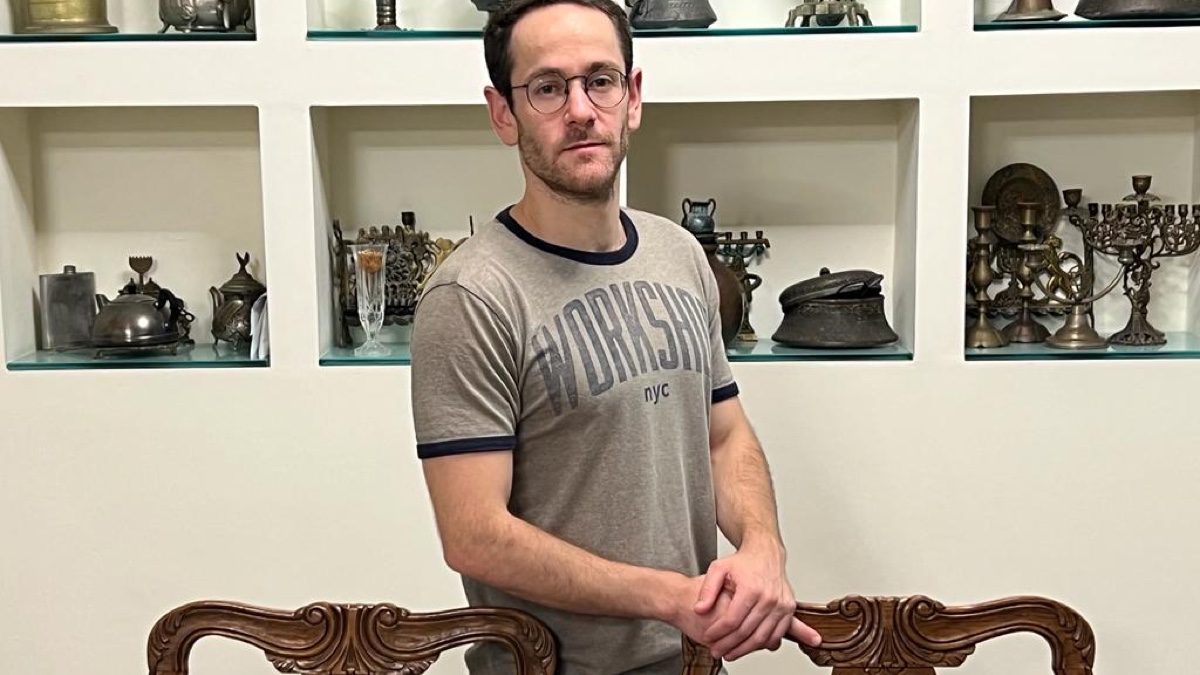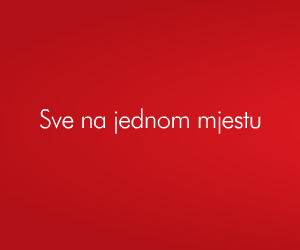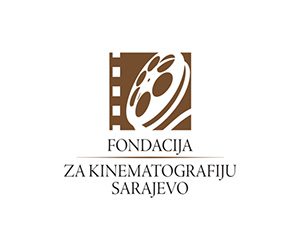
15/10/2022
Hillel: I'm learning about the lack of limits within I create a film
We met him in 2019, when with his documentary about the religious and modest life of a shy 36-year-old man and his charismatic elderly father, he won the sympathy of the visitors of the Mediteran Film Festival, as well as the jury, which awarded him a special award for the film 'Son of His Father'. A young director from Israel arrives in our country for the first time with the task of choosing, together with two fellow filmmakers, the best short documentary of the 23rd MFF. Hillel Rate talks about past and future projects, topics that attract him and the challenges he faces in Israel as a modern and orthodox man.Your film 'My fathers son' was awarded with a special jury award at the Mediteran Film Festival. What are the reactions to your film and the story of an unusually affectionate relationship between father and son?
The film was very well received thanks to the unique story and the uniqueness of the symbiotic relationship between the father and the son. The film managed to capture the complex and exciting beauty in them in a very touching way so that the film was very well received at film festivals and among the viewers. The film won the first prize at the DocAviv festival and was screened at the Hot Docs festival and at many festivals in Israel and around the world.
Are you satisfied with what this film has achieved?
I am very satisfied with the film that managed to moved a lot of people in Israel and the world and also to express my artistic perception when it comes to documentary cinema. A combination of a strong story and a realistic but also poetic visual language.
This time you are at the MFF in the role of one of the jury members. Is this the first time you are coming to our country?
This is my first time in BiH and I am very excited to visit there. I'm looking forward to experiencing this part of the world that I haven't gotten to know yet.
Have you had the opportunity to follow the films shown at our festival in the past years, in order to evaluate the MFF?
Since my film was screened at the festival, I checked the line-up of the films that were screened at the festival over the years and I was very impressed by the interesting and diverse collection.
Currently working on your first feature film, what is it about?
I am in the editing process of a film that follows a religious guy who was sexually assaulted. The film follows his journey to accept himself as a man despite experiencing sexual abuse, and to understand that he is innocent.
How do you choose the subjects you decide to film?
The concept of masculinity in general, and of Israeli masculinity, has always occupied me, and when I heard about this story from a friends, I decided to explore this topic specifically from the angle of sexual assault and examine what happened to masculinity, especially Israeli masculinity when it is allegedly put in to doubt because of a sexual assault.
How 'difficult' is it to make a film in Israel?
It is very challenging to make films in Israel since the industry is small and the competition for budget is very high. But I think when someone is imbued with a purpose for their passions, they will succeed in fulfilling them.
Your earlier films talked about the orthodox community in Israel, from which you also come. What are the challenges for young people in Israel? What are the biggest problems they face?
The challenges that young men in Israel face sits on many elements, some related to religion, some related to the obligation to serve in the army and the moral questions that arise from this. Beyond these challenges, I think that each individual has his own challenges that arise from the social and family background from which he or she comes. You, as you pointed out in an earlier conversation, are modern orthodox man and you have boundaries that you have to follow in order to make films in certain ways.
Can you give us more details on this?
I myself create the boundaries in my work, and not only because my family and social background and religion. My set of values stems from my traditional past, but over the years I have learned and am still learning to create for myself the limits and also the lack of limits within I create a film.
How familiar are you with BiH cinematography?
I'm not that familiar with Bosnian cinema, but I did get to see some wonderful Bosnian films, such as No Man's Land and An Episode in the Life of an Iron Picker.
Which directors and films fascinate you?
I greatly appreciate the cinema of the director Pawel Lozinski and his ability to produce intimate and emotional driven documentary cinema.I also really like the films and the approach of the documentary director Roberto Minervini. His curiosity about human nature is fascinating to me. In general, documentary and narrative cinema that uses a cinematic language that is opposite and seemingly contradictory to its genre is very intriguing and appeals to me.


